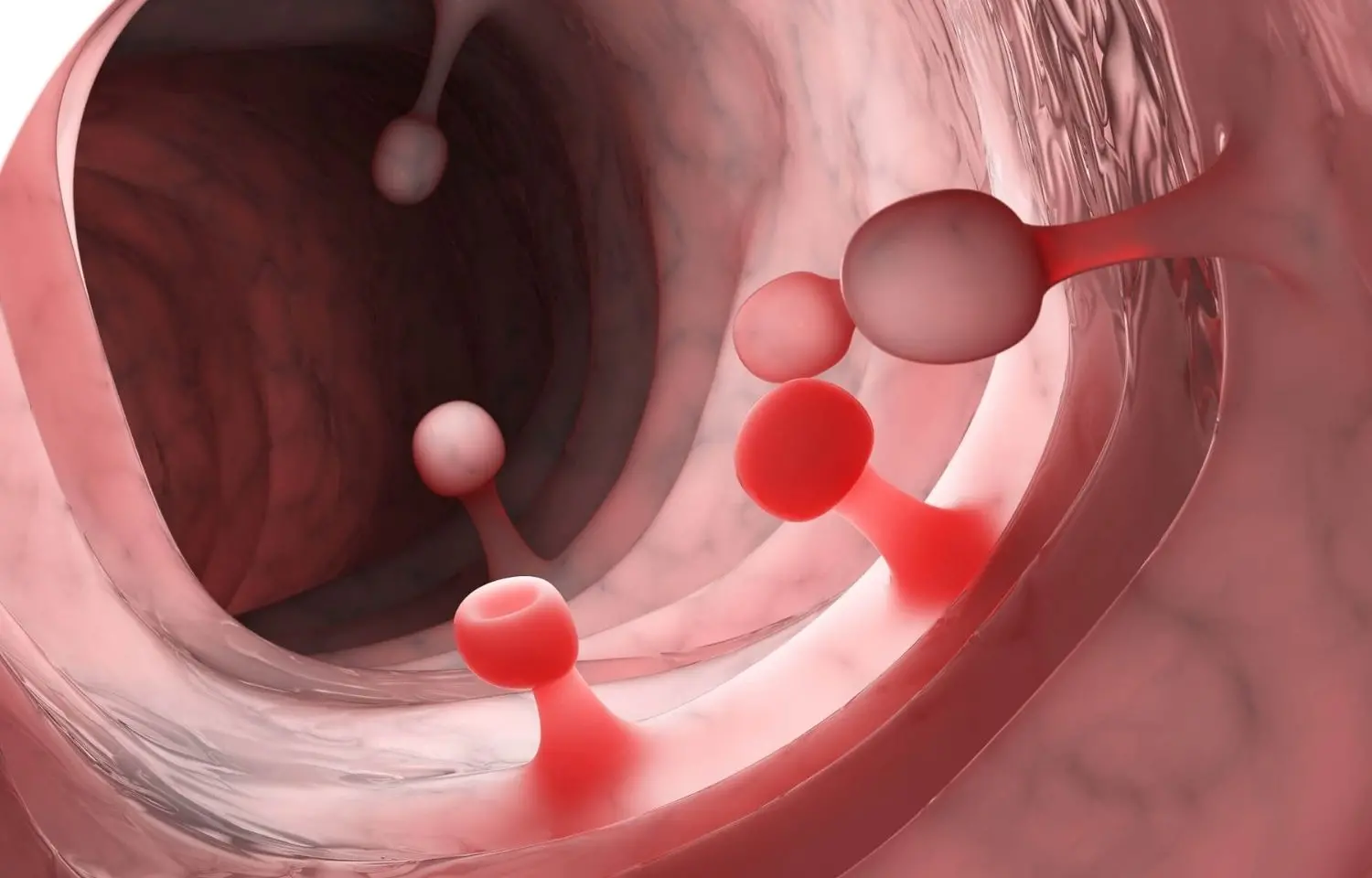- Home
- Medical news & Guidelines
- Anesthesiology
- Cardiology and CTVS
- Critical Care
- Dentistry
- Dermatology
- Diabetes and Endocrinology
- ENT
- Gastroenterology
- Medicine
- Nephrology
- Neurology
- Obstretics-Gynaecology
- Oncology
- Ophthalmology
- Orthopaedics
- Pediatrics-Neonatology
- Psychiatry
- Pulmonology
- Radiology
- Surgery
- Urology
- Laboratory Medicine
- Diet
- Nursing
- Paramedical
- Physiotherapy
- Health news
- Fact Check
- Bone Health Fact Check
- Brain Health Fact Check
- Cancer Related Fact Check
- Child Care Fact Check
- Dental and oral health fact check
- Diabetes and metabolic health fact check
- Diet and Nutrition Fact Check
- Eye and ENT Care Fact Check
- Fitness fact check
- Gut health fact check
- Heart health fact check
- Kidney health fact check
- Medical education fact check
- Men's health fact check
- Respiratory fact check
- Skin and hair care fact check
- Vaccine and Immunization fact check
- Women's health fact check
- AYUSH
- State News
- Andaman and Nicobar Islands
- Andhra Pradesh
- Arunachal Pradesh
- Assam
- Bihar
- Chandigarh
- Chattisgarh
- Dadra and Nagar Haveli
- Daman and Diu
- Delhi
- Goa
- Gujarat
- Haryana
- Himachal Pradesh
- Jammu & Kashmir
- Jharkhand
- Karnataka
- Kerala
- Ladakh
- Lakshadweep
- Madhya Pradesh
- Maharashtra
- Manipur
- Meghalaya
- Mizoram
- Nagaland
- Odisha
- Puducherry
- Punjab
- Rajasthan
- Sikkim
- Tamil Nadu
- Telangana
- Tripura
- Uttar Pradesh
- Uttrakhand
- West Bengal
- Medical Education
- Industry
Cold snare endoscopic mucosal resection may delay bleeding and perforation for treating colorectal polyps: Study

Interest in cold endoscopic mucosal resection (EMR) for treating colorectal polyps has been gaining traction, as a recent meta-analysis published in the Gastrointestinal Endoscopy journal highlighted its distinct advantages and challenges when compared to the traditional hot EMR technique.
This analysis was based on randomized controlled trials (RCTs) which highlighted the critical outcomes such as recurrence rates, bleeding risk, and procedural safety. This extensive review of multiple databases covered studies up to October 6, 2024. Using a random effects model, this studies calculated pooled risk ratios (RR) and 95% confidence intervals (CI) to compare the 2 EMR methods across key clinical outcomes.
One of the standout finding of this study was the difference in the rates of delayed bleeding between the 2 approaches. Cold EMR demonstrated a significantly lower risk of delayed bleeding, with an RR of 0.42 (95% CI: 0.21–0.86). This reduced bleeding risk aligns with the absence of thermal injury in the cold technique by making it a safer option in certain patient populations.
Also, the analysis found a markedly lower risk of perforation with cold EMR by reporting an RR of 0.13 (95% CI: 0.03–0.59). The lack of heat application appears to reduce the risk of bowel wall damage which can lead to perforation.
However, the cold EMR method showed a higher rate of recurrent or residual neoplasia. The patients undergoing cold EMR were twice as likely to experience neoplasia recurrence when compared to the ones treated with hot EMR, with an RR of 2.03 (95% CI: 1.19–3.48). This highlights a trade-off in its use, as recurrence could necessitate additional interventions.
The study found no significant differences between cold and hot EMR in outcomes such as en bloc resection or incomplete resection which indicated similar efficacy in achieving complete removal of targeted polyps during the initial procedure.
The findings offer valuable insights for clinicians choosing between cold and hot EMR techniques. While cold EMR offers a safer profile with respect to bleeding and perforation, its higher recurrence risk necessitates careful patient selection and possibly improved surveillance post-procedure. As interest in non-thermal methods like cold EMR grows, these results illuminate the importance of weighing individual patient factors and clinical priorities.
Source:
Saeed, A., Yousuf, S., Noverati, N., Chen, A., Saleem, N., Farooq, U., Muniraj, T., Persaud, A., Xiao, Y., Kumar, A., Schlachterman, A., Kowalski, T., Adler, D., & Kamal, F. (2024). Cold versus hot snare endoscopic mucosal resection of colorectal polyps: meta-analysis of randomized controlled trials. In Gastrointestinal Endoscopy. Elsevier BV. https://doi.org/10.1016/j.gie.2024.12.032
Neuroscience Masters graduate
Jacinthlyn Sylvia, a Neuroscience Master's graduate from Chennai has worked extensively in deciphering the neurobiology of cognition and motor control in aging. She also has spread-out exposure to Neurosurgery from her Bachelor’s. She is currently involved in active Neuro-Oncology research. She is an upcoming neuroscientist with a fiery passion for writing. Her news cover at Medical Dialogues feature recent discoveries and updates from the healthcare and biomedical research fields. She can be reached at editorial@medicaldialogues.in
Dr Kamal Kant Kohli-MBBS, DTCD- a chest specialist with more than 30 years of practice and a flair for writing clinical articles, Dr Kamal Kant Kohli joined Medical Dialogues as a Chief Editor of Medical News. Besides writing articles, as an editor, he proofreads and verifies all the medical content published on Medical Dialogues including those coming from journals, studies,medical conferences,guidelines etc. Email: drkohli@medicaldialogues.in. Contact no. 011-43720751


